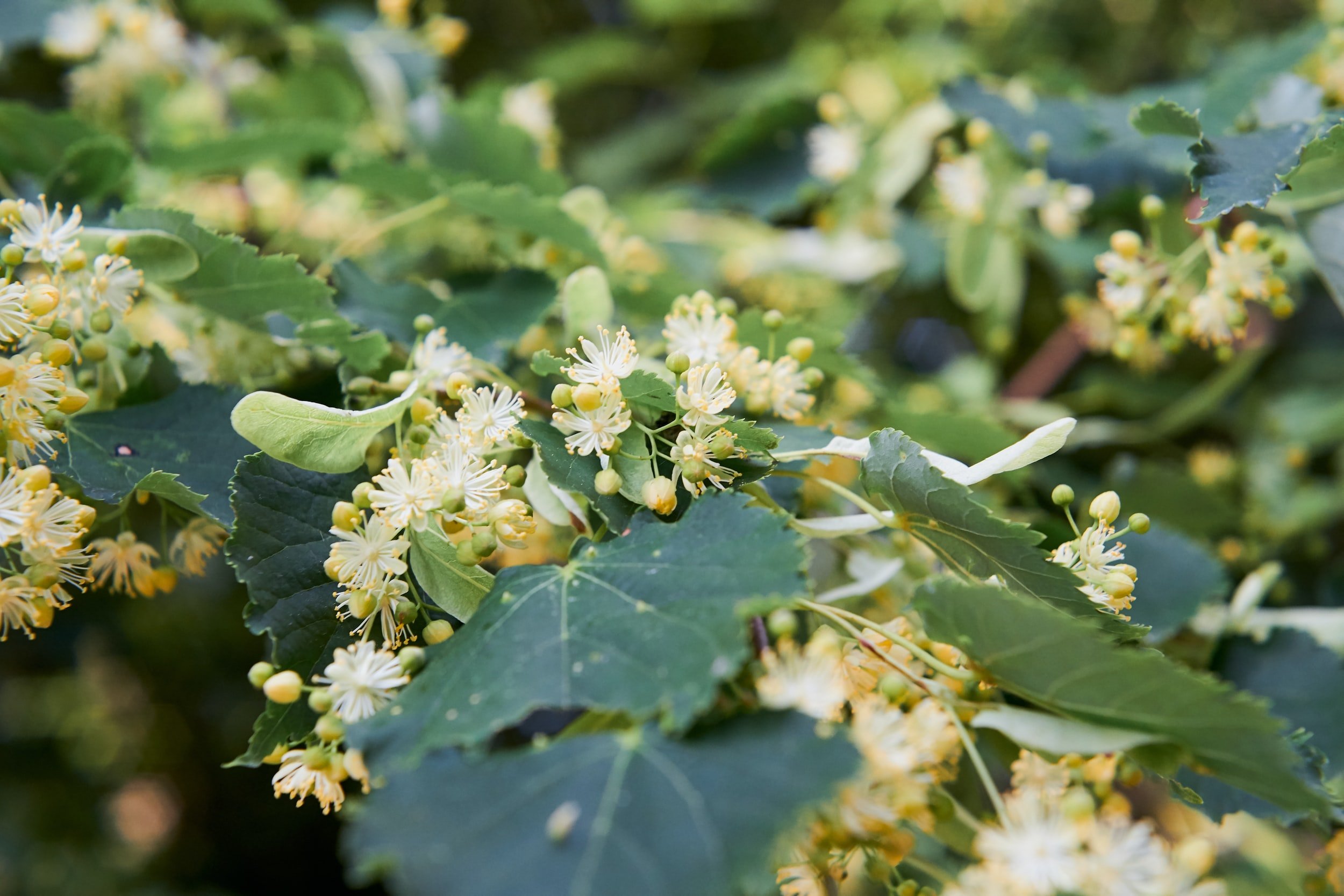
thoughts
Tending the Group Ecosystem
As individuals, we have nervous systems that attune and respond to our environment, clusters of nerve cells collaborating to detect and respond to information in our internal and external world. Groups of humans develop a sort of shared nervous system. We are like a murmuration of starlings moving in synchrony, no single one of us leading, but somehow reading and responding to each other with unconscious grace.
The Hidden Roots of Human Relationship
When we say that humans are a social animal, it goes deeper than the desire to be around cool people who like me. It means that the fabric of our lives, our psyches, our beingness are intertwined with each other. It means that “me” and “you” is an abstract distinction that just refers to the boundaries of our skin, not the essence of who we are.
The Mathematics of Belonging
To belong is to know that I have a valued place in the world. It allows me to see how my particular edges and angles fit into and contribute to the whole. To belong is to be held and free, to be able to wander to the edges of my inclinations and to know that I have a safe place where I am seen, known, and accepted (daresay loved) to return to.
Making friends with your bottom-up brain (pt 2)
Much of the best advice for managing relationships, behaviors, or conflict sends us directly to the cortex. The skills of responding with empathy rather than punitive reactivity or judgment, of staying present and grounded in the face of difficult behaviors, and of engaging in curiosity and seeking to understand others’ perspectives are key to compassionately supporting and relating with others. And they are higher-level functions that are exceedingly difficult to access if we are in an activated state and operating from lower parts of the brain.
Making Friends with your Bottom-Up Brain
When we receive messages of safety through these lower, older regions of the brain, it allows for a settling of the system, an orientation of openness and the ability to be more receptive, curious, and creative. This doesn’t happen through thinking to ourselves “I am safe,” but through felt cues of safety interpreted through the body. Therefore, if we want to effectively connect to the functions of the cortex, we need to work from the bottom-up. In brief: if my physical and survival needs aren’t met, and I don’t feel a sense of relational safety and belonging, my access to learning, reflection, and slower, more responsive types of thinking are limited.
How Leaders Shape their Ecosystems
When I start with myself and attend to my own nervous system and emotional state with awareness and care, I am able to become a grounded presence that is inherently regulating and supportive to the people around me. When I intentionally nurture a culture of belonging in the classroom or team or organization that I lead, it creates an inherently regulating and collaborative environment. Then, when I am called upon to support individuals who are struggling, address difficult situations that arise, or deal with problematic behaviors, I am doing so with a strong foundation of a resilient nervous system and a full bank of trust that I can pull from in order to navigate challenges or have hard conversations.
The Compassion of Neurobiology
As a leader, educator, parent, partner, or anyone who interacts with other humans on a regular basis (i.e., all of us), an understanding of the ways that our nervous systems are shaped by stress, trauma, and relationships and how they directly influence our behaviors can help us shift from a stance of judgment and blame to one of compassion and curiosity. When we move from interpreting unskillful behaviors as character flaws to seeing them as symptoms of dysregulation and unmet needs, the way we interact with others (and ourselves!) can change.
Resilience Isn’t What You Think
Tenacity. Grit. Determination. Perseverance. Fortitude. Toughness. Invincibility. There is a rigidity innate to these words, a hardness that evokes images of armored soldiers and exhausted mountaineers. To me, the message of these words is: work harder, try harder, keep going, do more. There is a time and a place for these qualities, but they are different from resilience. If resilience isn’t these things, then what is it? How do we cultivate it? And how does that change our stories and expectations for ourselves and others?
medicine for difficult times
Compassion offers a real, tangible way of engaging with the world that allows us to keep our hearts open to our own and others’ suffering. It motivates us from a place of love rather than fear or guilt, and it provides a resting place to return to when we are overwhelmed in the face of it all. Compassion is a muscle that we can actively strengthen, a practice we can return to, not just an intention that we hold.








